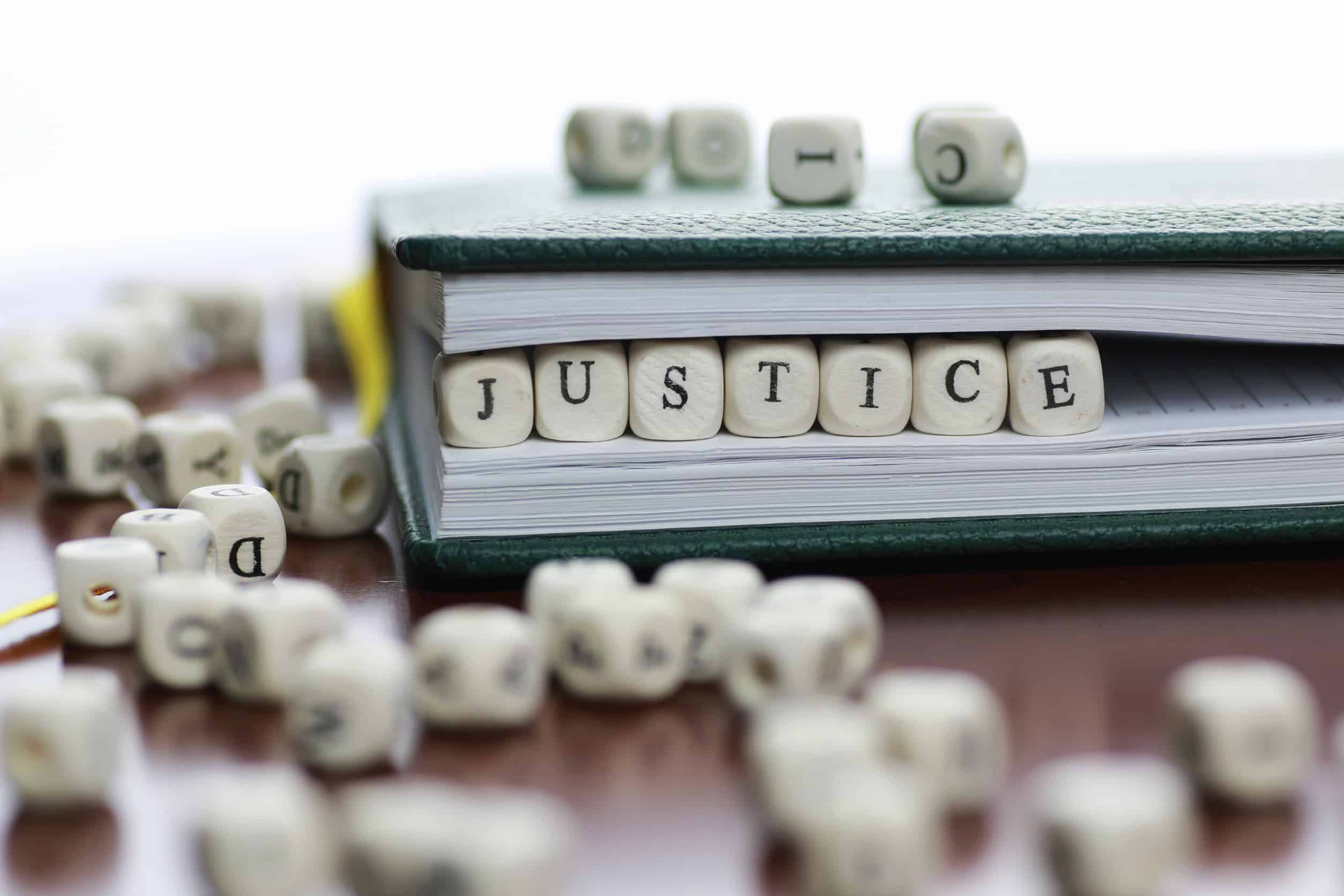Contempt of court is a serious offense that can have significant consequences for individuals involved in legal proceedings. When someone disrespects the authority or obstructs the administration of justice in a court setting, they may be held in contempt. Understanding the nature of contempt charges, the potential repercussions, and the means to defend oneself is crucial for anyone navigating the legal system.
Types of Contempt of Court
Contempt of court can be broadly categorized into direct and indirect contempt.
- Direct Contempt occurs when an individual commits an act of disrespect or disruption within the court’s presence. Examples include disrespectful behavior, verbal outbursts, or physical confrontations that impede the proper functioning of the court proceedings.
- Indirect Contempt: Indirect contempt refers to conduct that occurs outside the immediate presence of the court but still obstructs or undermines the administration of justice. This can include disobeying court orders, tampering with evidence, or engaging in activities that interfere with the fair and impartial administration of justice.
Consequences of Contempt of Court
The consequences of contempt of court can vary depending on the jurisdiction and the severity of the offense.
- Fines: The court may impose monetary fines as a punishment for contempt. The fine amount can vary based on the offense’s nature and the judge’s discretion.
- Imprisonment: In more serious cases, the court may order the individual to serve a term of imprisonment for contempt. The length of the sentence will depend on the gravity of the offense and the applicable laws.
- Compensatory Measures: In certain situations, the court may require the contemnor to take specific actions to rectify the harm caused by their contemptuous behavior. This may include issuing an apology, performing community service, or undergoing counseling.
Defending Against Contempt Charges
If you find yourself facing contempt of court charges, it is essential to understand your rights and available defense strategies. Here are some key considerations:
- Legal Counsel: Seek the assistance of an experienced attorney specializing in contempt of court cases. They will guide you through the legal process, help you understand your rights, and develop a strong defense strategy.
- Procedural Compliance: Ensure you have complied with all court orders and procedures. Demonstrating adherence to the court’s rules can strengthen your defense against contempt charges.
- Misunderstanding or Misinterpretation: It is important to present evidence to support this claim if your actions were unintentional or resulted from a misunderstanding. Showing that your behavior was not willful contempt can help mitigate the consequences.
- First Amendment Rights: Sometimes, contemptuous actions may be protected under the First Amendment. If your behavior expresses free speech or falls within the scope of protected activities, it can be a valid defense.
Respecting the Judicial System
While defending your rights when facing contempt charges is crucial, it is equally important to demonstrate respect for the judicial system. Behaving appropriately, following court orders, and treating the court respectfully can contribute to a fair and impartial case resolution.
Contempt of court charges should not be taken lightly, as they can have significant consequences for individuals involved in legal proceedings. Understanding the types of contempt, the potential repercussions, and the means to defend your rights is essential for navigating the legal system effectively.
By seeking legal counsel, complying with court procedures, and presenting a strong defense, individuals can protect their rights and mitigate the potential consequences of contempt charges. Attaching contempt of court charges with seriousness and respect for the judicial system is essential. While defending your rights is important, it is equally important to understand the boundaries and expectations within the courtroom. Demonstrating compliance with court orders, behaving respectfully, and engaging constructively can go a long way in achieving a fair and just resolution.
Ultimately, a well-informed and respectful approach to the legal process is key to avoiding contempt of court situations. It is crucial to remember that the administration of justice relies on the cooperation and compliance of all parties involved. By upholding the principles of fairness, respect, and integrity, we contribute to a stronger and more effective legal system for everyone involved.
About the Author:
Kimberly Diego is a criminal defense attorney in Denver practicing at The Law Office of Kimberly Diego. She obtained her undergraduate degree from Georgetown University and her law degree at the University of Colorado. She was named one of Super Lawyers’ “Rising Stars of 2012 & 2019-2022” and a “Top 100 Trial Lawyers in Colorado” for 2012-2022 by The National Trial Lawyers. Both honors are limited to a small percentage of practicing attorneys in each state. Additionally, Expertise names her to its lists of the 25 Best Denver DUI Lawyers and 21 Best Denver Criminal Defense Lawyers, both in 2020-2022. Ms. Diego has also been recognized for her work in domestic violence cases.






